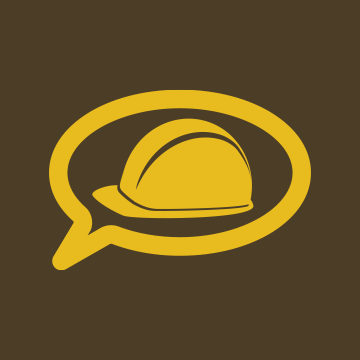So I googled this and got a couple of completely different suggestions on how to finish sand wood with a variable speed random orbital sander.
I am pretty sure this guy is clueless:
http://youtu.be/oaUAPyy4JUU
So, the question is: What is the RIGHT way to use a ROS???
1) Are you supposed to move the sander in (slightly offset) loop pattern, moving counterclockwise, like in this following illustration?
![Image]()
Or are you supposed to "sweep" it from side to side in line with the grain?
2) Is there any particular time that you should adjust the speed fro the ax (around 12,000 OPM) down to the minnimum (around 7,000 OPM)???
Any other tips are greatly appreciated.
I am pretty sure this guy is clueless:
http://youtu.be/oaUAPyy4JUU
So, the question is: What is the RIGHT way to use a ROS???
1) Are you supposed to move the sander in (slightly offset) loop pattern, moving counterclockwise, like in this following illustration?

Or are you supposed to "sweep" it from side to side in line with the grain?
2) Is there any particular time that you should adjust the speed fro the ax (around 12,000 OPM) down to the minnimum (around 7,000 OPM)???
Any other tips are greatly appreciated.




